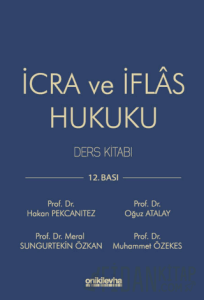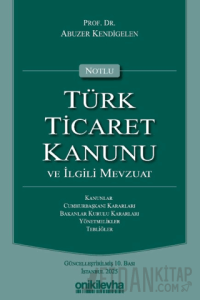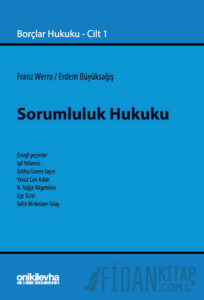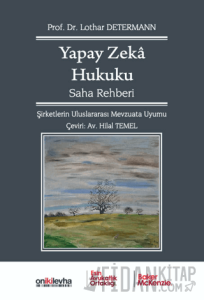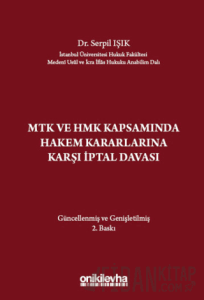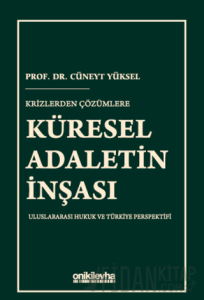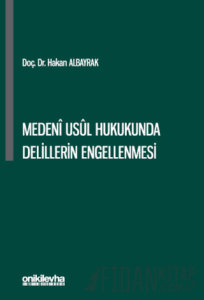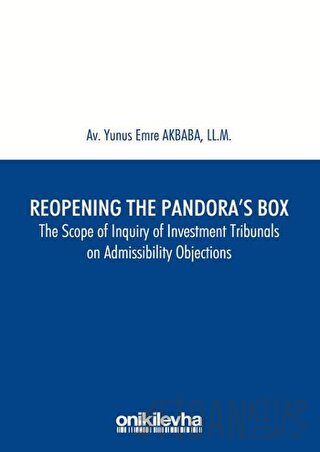
This study, generally speaking, remains within the field of international economic law, in particular, investment treaty arbitration, and primarily focuses on a particular group of preliminary objections. These preliminary objections are especially comprised of substantive admissibility objections and objections to the subject-matter jurisdiction. It is observed that when parties raise preliminary objections of this kind; they, to varying degrees, oblige tribunals to make conclusive determinations on factual allegations as well as legal claims. However, the established principles of public international law prevent investment tribunals from a detailed examination on the facts and legal claims at the jurisdictional stage as it carries the risk of trespassing to merits or prejudging them. Accordingly, the prima facie test has been developed in the context of International Court of Justice (and of its predecessor Permanent Court of International Justice) and followed by investment tribunals in order to simplify the process of ruling at preliminary objections. However, it appears that while prima facie test, developed in the practice of ICJ (see e.g. Oil Platforms Case), responds well to the needs of interstate tribunals, due to the complex jurisdictional requirements of investment tribunals, it remains ineffective for investor-State disputes especially in terms of procedural economy. This thesis aims to introduce a sui generis approach to the adjudication upon the facts and legal claims brought before investment tribunals at the jurisdictional stage; in doing so, the weak points of the current version of prima facie test will be addressed.
This study, generally speaking, remains within the field of international economic law, in particular, investment treaty arbitration, and primarily focuses on a particular group of preliminary objections. These preliminary objections are especially comprised of substantive admissibility objections and objections to the subject-matter jurisdiction. It is observed that when parties raise preliminary objections of this kind; they, to varying degrees, oblige tribunals to make conclusive determinations on factual allegations as well as legal claims. However, the established principles of public international law prevent investment tribunals from a detailed examination on the facts and legal claims at the jurisdictional stage as it carries the risk of trespassing to merits or prejudging them. Accordingly, the prima facie test has been developed in the context of International Court of Justice (and of its predecessor Permanent Court of International Justice) and followed by investment tribunals in order to simplify the process of ruling at preliminary objections. However, it appears that while prima facie test, developed in the practice of ICJ (see e.g. Oil Platforms Case), responds well to the needs of interstate tribunals, due to the complex jurisdictional requirements of investment tribunals, it remains ineffective for investor-State disputes especially in terms of procedural economy. This thesis aims to introduce a sui generis approach to the adjudication upon the facts and legal claims brought before investment tribunals at the jurisdictional stage; in doing so, the weak points of the current version of prima facie test will be addressed.

